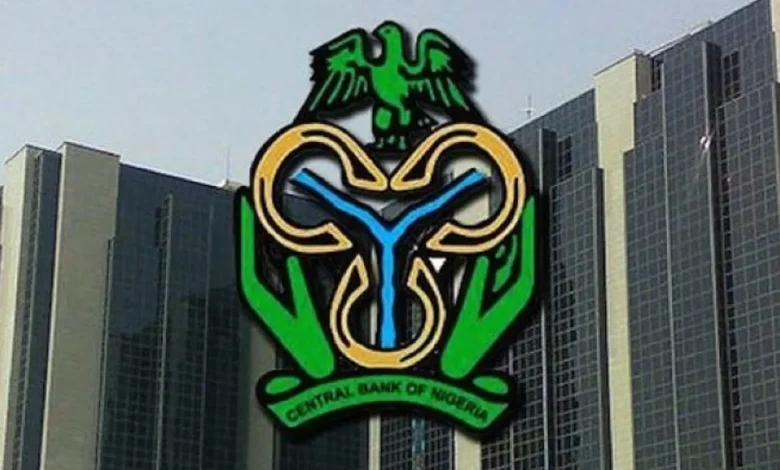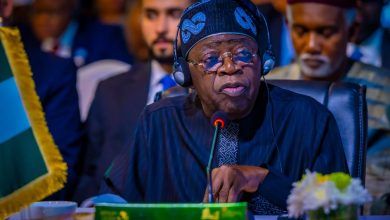
The long-standing dispute between Deposit Money Banks (DMBs) and Mobile Network Operators (MNOs) over Unstructured Supplementary Service Data (USSD) debt has reached a decisive point as the Central Bank of Nigeria (CBN) and the Nigerian Communications Commission (NCC) issued a final directive.
The dispute, which involves a staggering N250 billion in debt, has persisted for years, causing significant strain between the financial and telecommunications sectors. In a bid to end the deadlock, both regulatory bodies have issued a joint circular, dated December 20, 2024, outlining a structured payment plan and new operational guidelines for the USSD services.
The circular, which was signed by the acting Director of Payments System Management at the CBN, Oladimeji Taiwo, and the Head of Legal and Regulatory Services at the NCC, Chizua Whyte, is aimed at resolving the financial obligations that have troubled both sectors for years. According to the directive, 60 percent of all debts incurred before the implementation of Application Programming Interfaces (APIs) in February 2022 must be paid as full and final settlement. The banks have been given a deadline of January 2, 2025, to finalize payment agreements, either as lump sums or installments, with full settlement due by July 2, 2025.
For debts incurred after the implementation of APIs, the directive requires banks to pay 85 percent of all outstanding invoices by December 31, 2024, and to ensure that future invoices are settled within one month of issuance. The CBN and NCC have made it clear that failure to comply with these terms will result in significant sanctions, highlighting the seriousness of the matter.
The regulators also announced the discontinuation of all ongoing litigation related to the USSD debt issue, urging both banks and telecom operators to prioritize settling the debt in order to foster better cooperation between the two industries. The pressure to resolve the dispute has been mounting, particularly as telecom operators have expressed frustration over the lack of a clear framework to address the debt. The disagreement has put a strain on the relationship between the banking and telecom sectors, with some operators threatening to suspend USSD services altogether unless payments are made.
In addition to addressing the debt, the CBN and NCC have placed an emphasis on the future of USSD services. The circular outlined a transition to end-user billing (EUB) for USSD services, which will apply only to banks and telecom operators that have met the payment obligations. This shift is seen as a move toward greater transparency and fairness in billing for these critical services. Furthermore, telecom operators have been directed to implement a “10-seconds rule,” ensuring that sessions lasting less than 10 seconds are not billed.
The circular also provides an opportunity for banks currently using prepaid billing systems to migrate to the EUB system, subject to regulatory approval. This transition is expected to help streamline the payment process and ensure a more sustainable future for USSD services in Nigeria.
The move to resolve the debt issue is seen as a step towards stabilizing both the financial and telecommunications sectors, ensuring the continued availability of USSD services for Nigerians, particularly in rural areas where internet access and smartphone penetration remain limited. For many Nigerians, USSD remains a vital tool for financial inclusion, enabling access to banking services and facilitating airtime top-ups, bill payments, and other telecom services.
While some smaller banks have already started repaying their obligations in installments, the larger tier-one banks, responsible for the bulk of the debt, have yet to make significant payments. According to Gbenga Adebayo, the Chairman of the Association of Licensed Telecom Operators of Nigeria (ALTON), the debt crisis has caused a significant strain on the relationship between the banking and telecom sectors, and it is hoped that this new directive will bring an end to the impasse.
With the deadline for payment agreements fast approaching, both the CBN and NCC are taking a firm stance in ensuring that the issue is resolved in a timely manner, with clear consequences for non-compliance.
The successful resolution of the debt dispute could pave the way for smoother collaboration between the banking and telecom sectors, while also ensuring that Nigerians continue to benefit from the essential USSD services that are so crucial to financial inclusion in the country.





